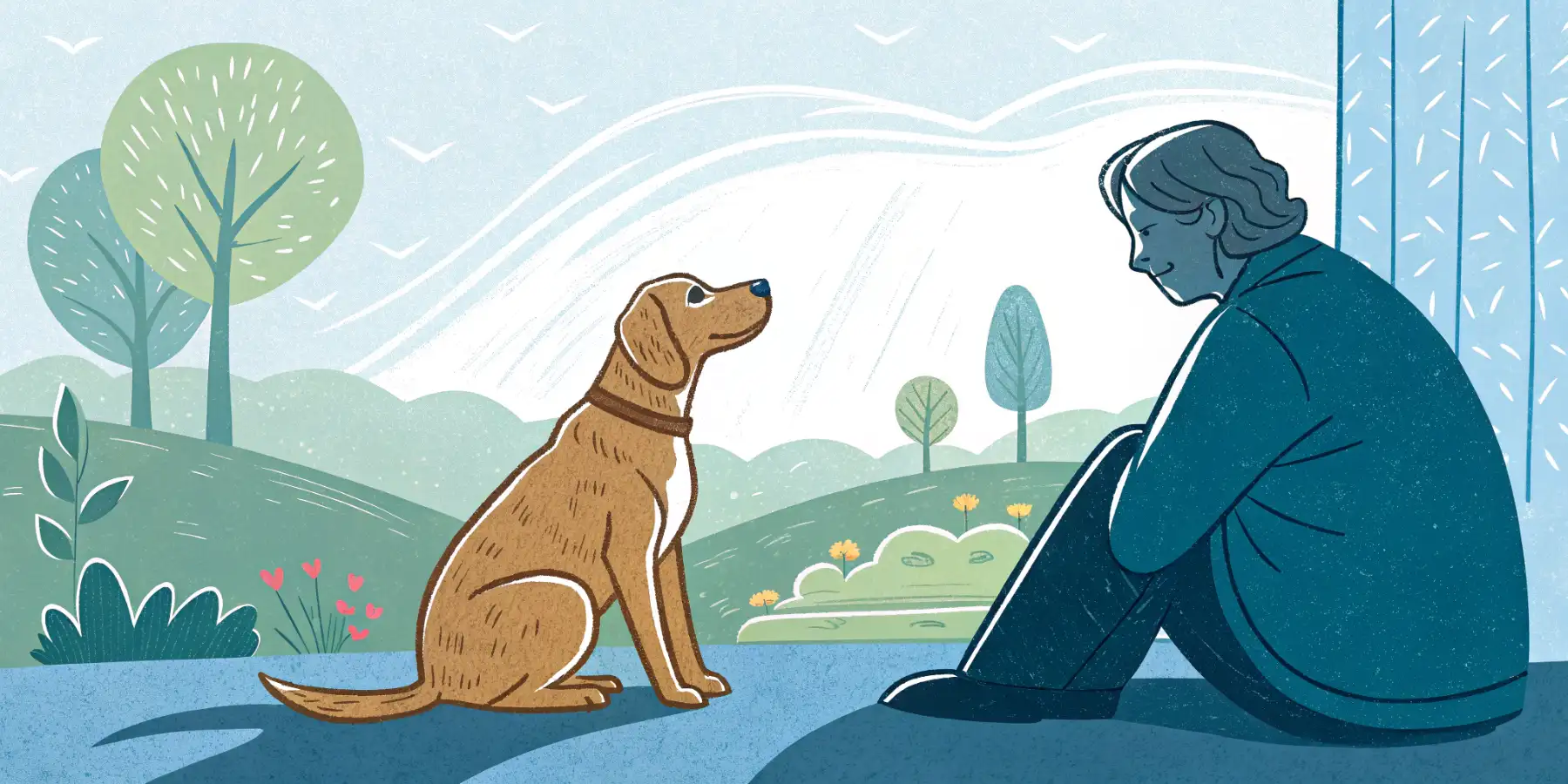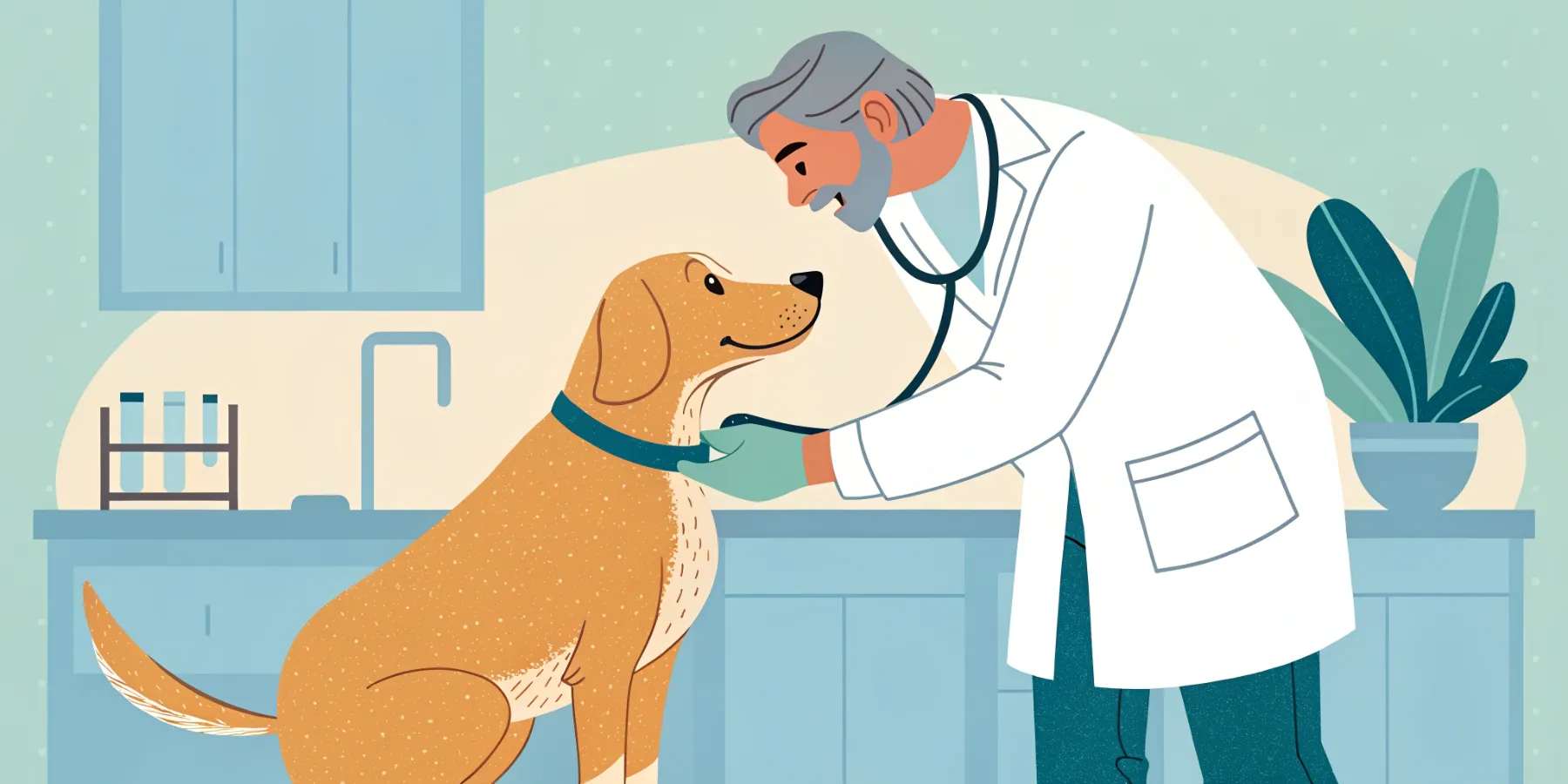
Senior Dog Care: Vet Visits & Age-Related Diseases
Senior dog care changes! 🐾 Learn why more vet visits are vital & what age-related diseases to watch for. Keep your best friend healthy!
Senior Dog Vet Care: Why Increased Frequency Matters and Common Age-Related Diseases
As our canine companions gracefully age, their needs change, and veterinary care becomes even more crucial. Gone are the days of annual check-ups being sufficient. Senior dog vet care necessitates increased frequency to proactively address age-related health issues. This post will dive deep into why more frequent vet visits are essential for your senior dog and what common age-related diseases you should be aware of.
The Case for More Frequent Veterinary Visits in Senior Dogs
Let’s face it, dogs age faster than we do. What feels like a few months to us can be a significant period in a senior dog’s life. Early detection of health problems can dramatically improve a senior dog’s quality of life and extend their lifespan.
Think of it this way: a seemingly minor change in appetite or activity level that you might brush off could be an early indicator of a serious underlying condition, like early stage kidney disease in senior dogs.
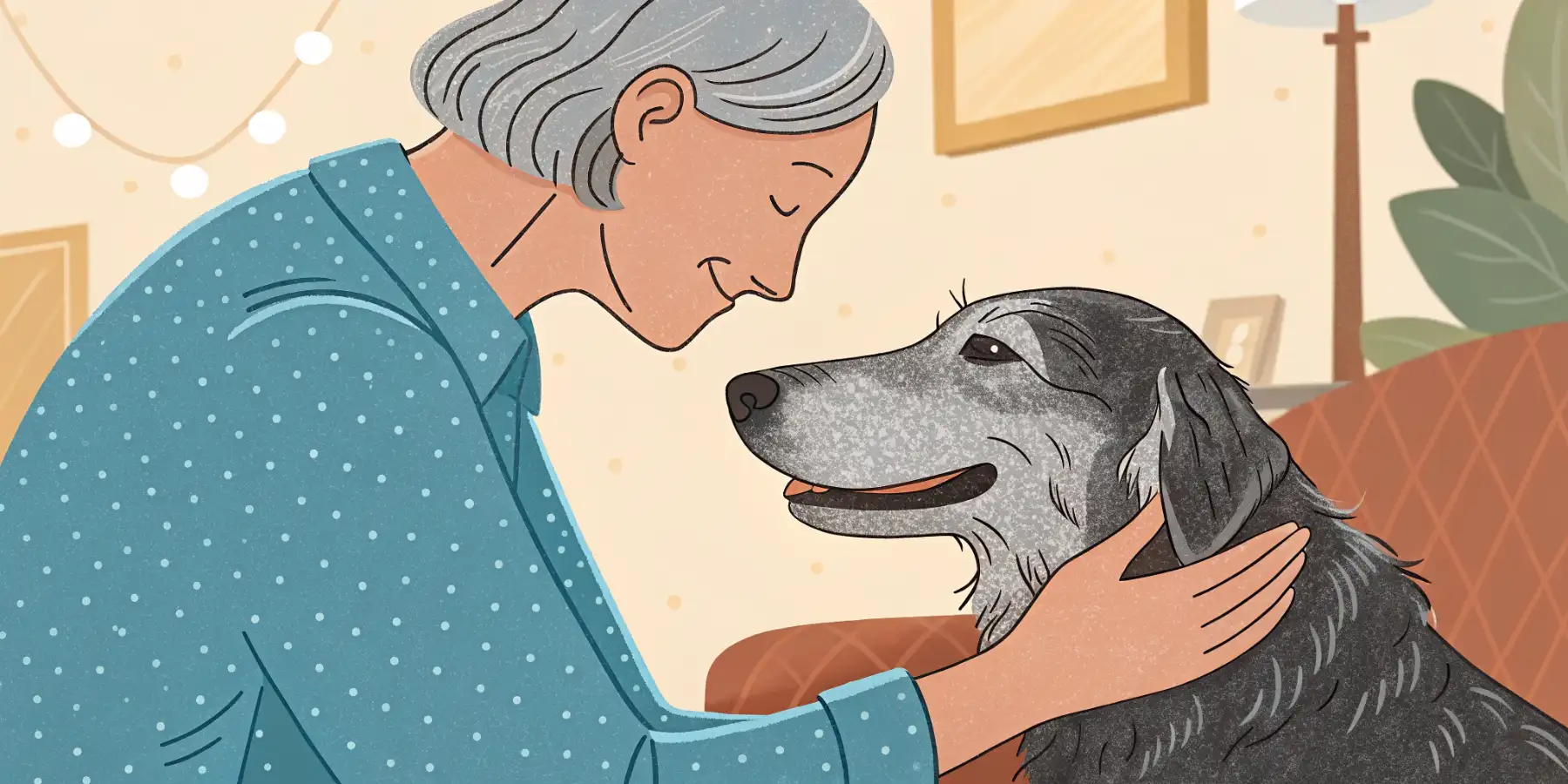
Caption: Regular veterinary check-ups are crucial for identifying early signs of age-related health issues like mobility challenges or dental problems.
I firmly believe that twice-yearly check-ups, or even more frequent visits depending on your dog’s individual needs and health history, are the gold standard for proactive senior dog health management. In my experience, these increased visits allow us to:
- Detect problems earlier: We can catch subtle changes that you might not notice at home.
- Manage chronic conditions more effectively: Regular monitoring allows for timely adjustments to medication and treatment plans.
- Improve overall quality of life: Addressing pain and discomfort promptly can significantly enhance your dog’s happiness and well-being.
Common Age-Related Diseases in Senior Dogs: What to Watch For
Understanding the common health challenges that senior dogs face empowers you to be a more informed and proactive pet parent. Here are some of the conditions we frequently see in older dogs:
-
Arthritis: This degenerative joint disease is incredibly common, causing pain, stiffness, and decreased mobility. Managing arthritis in senior dogs often involves a multi-faceted approach including pain medication, joint supplements (like glucosamine and chondroitin), weight management, and physical therapy.
-
Dental Disease: Periodontal disease is rampant in senior dogs. Left untreated, it can lead to pain, tooth loss, and even systemic health problems. Regular dental cleanings and home dental care are essential.
-
Kidney Disease: As dogs age, their kidneys may become less efficient. Early signs of kidney disease include increased thirst and urination. Blood and urine tests can help detect kidney problems early.
-
Heart Disease: Heart conditions like mitral valve disease are common in senior dogs. Symptoms can include coughing, shortness of breath, and exercise intolerance.
-
Cancer: Sadly, cancer is a leading cause of death in senior dogs. Early detection through regular check-ups and diagnostic testing is crucial.
-
Cognitive Dysfunction Syndrome (CDS): Often referred to as “doggy dementia,” CDS can cause confusion, disorientation, changes in sleep patterns, and loss of house training.
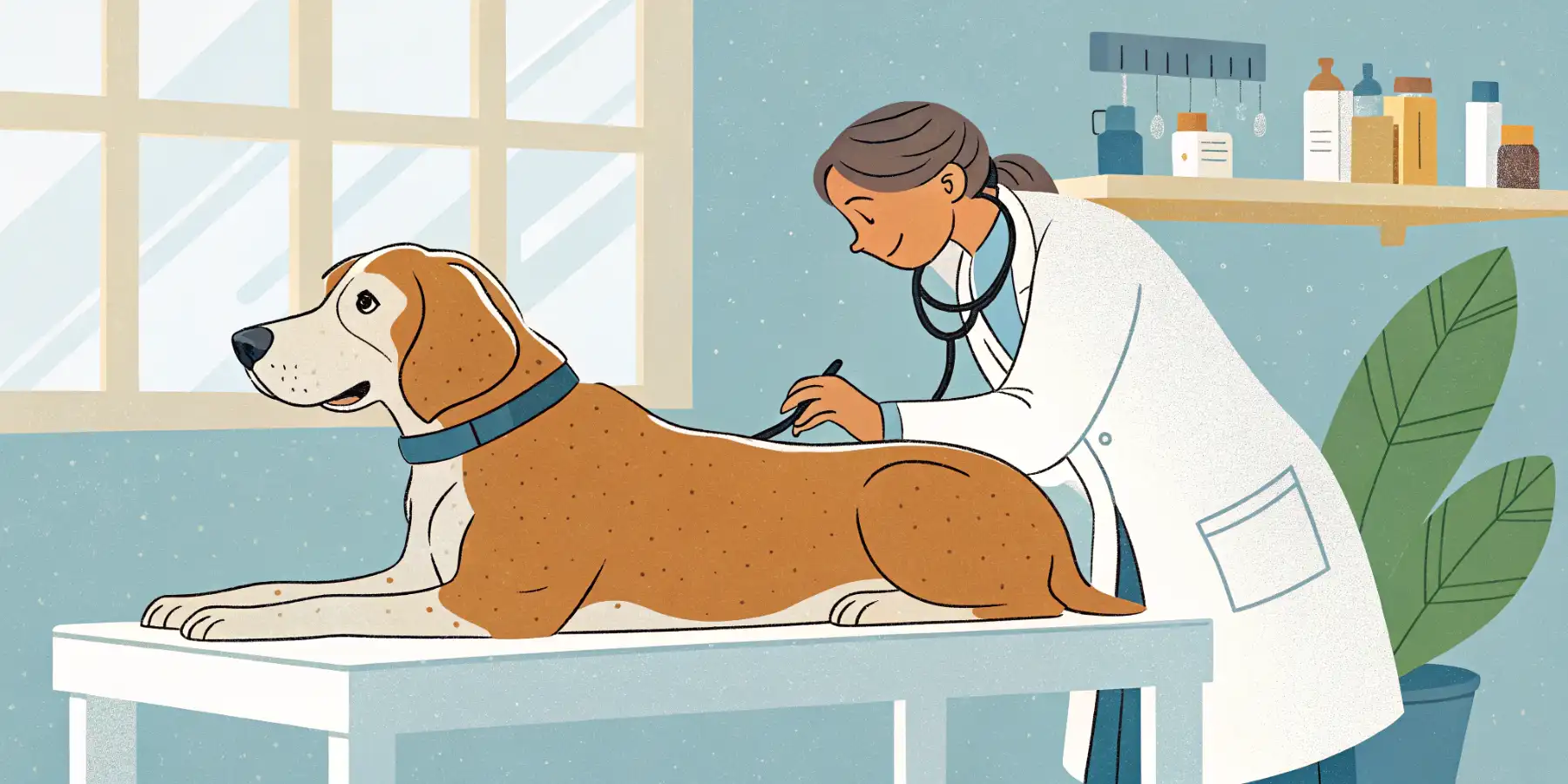
Caption: Veterinarians use a variety of tools and tests to diagnose age-related conditions like heart disease or cognitive dysfunction in senior dogs.
Practical Tips for Senior Dog Care
Beyond more frequent vet visits, there are several things you can do at home to support your senior dog’s health and well-being:
- Provide a comfortable environment: Ensure your dog has a warm, comfortable bed, especially if they have arthritis. Consider orthopedic beds.
- Maintain a healthy weight: Obesity can exacerbate many age-related health problems. Work with your vet to determine the appropriate diet and exercise plan for your dog.
- Adjust exercise routines: Senior dogs may not be able to tolerate the same level of activity as younger dogs. Shorter, more frequent walks are often better than long, strenuous ones.
- Be patient and understanding: Cognitive decline can lead to behavioral changes. Offer your dog extra patience and support.
- Pay attention to their needs: Be observant and attuned to any changes in your dog’s behavior, appetite, or activity level. Report any concerns to your veterinarian promptly.
Understanding the Costs of Senior Dog Care
It’s no secret that senior dog health care costs can be higher than the costs for younger dogs. More frequent vet visits, diagnostic testing, and medication can add up.
However, I would argue that the investment in senior dog care is well worth it. By proactively addressing health problems, you can help your dog live a longer, healthier, and happier life.
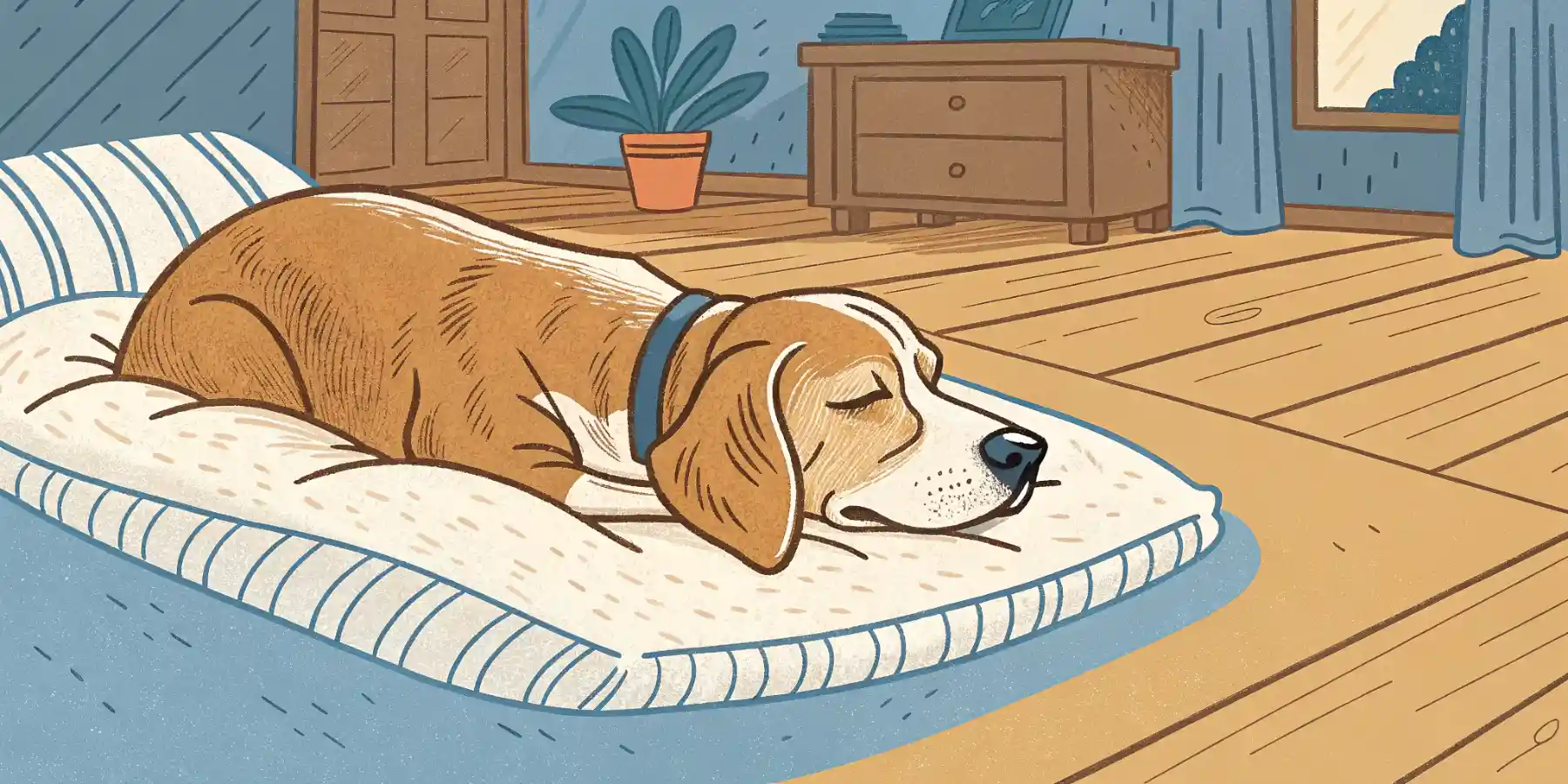
Caption: Providing a comfortable and supportive environment is an essential part of caring for senior dogs, especially those with arthritis.
Consider these strategies for managing senior dog health care costs:
- Pet insurance: Consider enrolling your dog in pet insurance when they are younger to help cover the costs of unexpected illnesses and injuries.
- Budgeting: Plan for increased veterinary expenses as your dog ages.
- Discuss treatment options with your vet: Talk to your veterinarian about the most cost-effective treatment options for your dog’s specific needs.
The Bottom Line: Prioritizing Senior Dog Wellness
Caring for a senior dog requires dedication, patience, and a proactive approach to veterinary care. By understanding the unique health challenges that older dogs face and by working closely with your veterinarian, you can help your beloved companion enjoy their golden years to the fullest. Remember, consistent monitoring of senior dog health is the best way to ensure they are comfortable, happy, and thriving.

